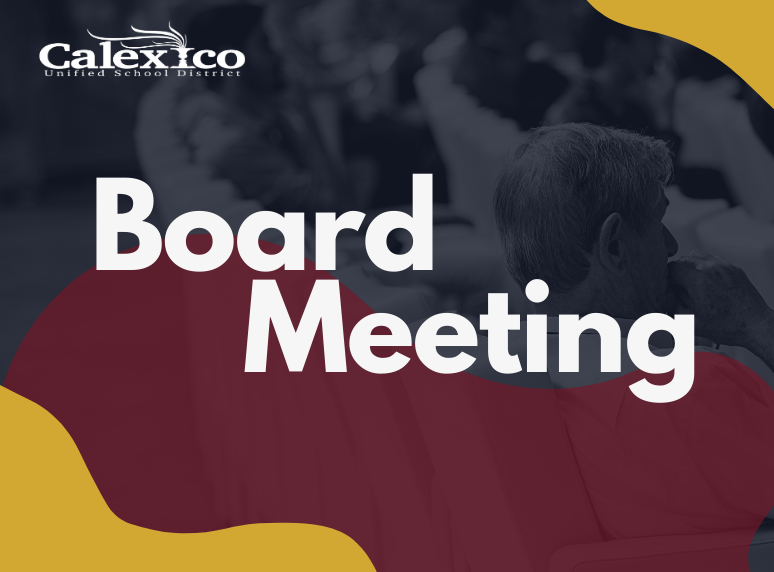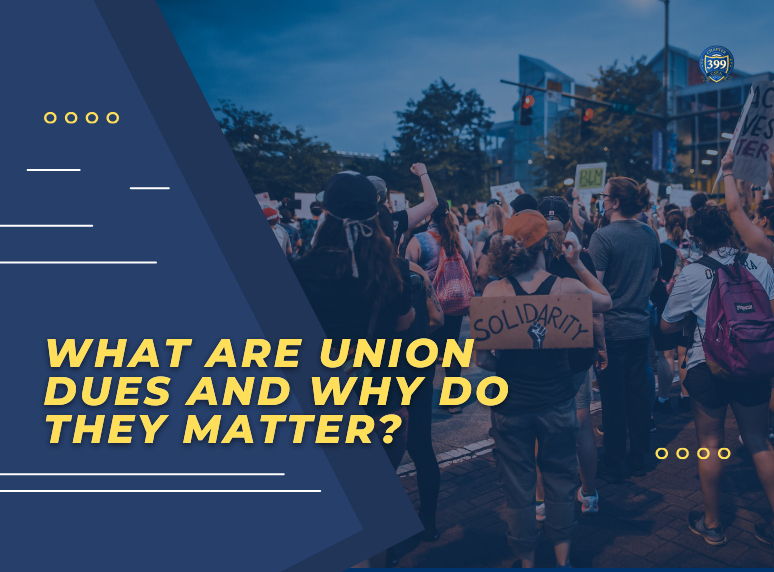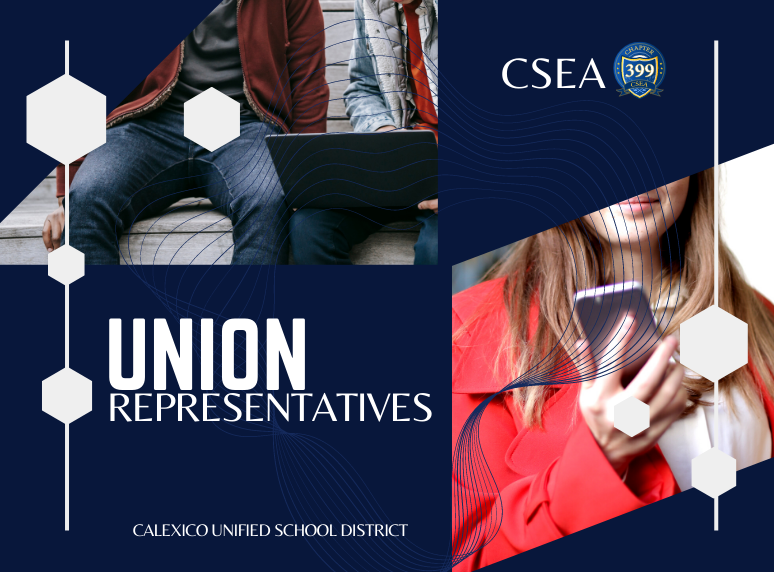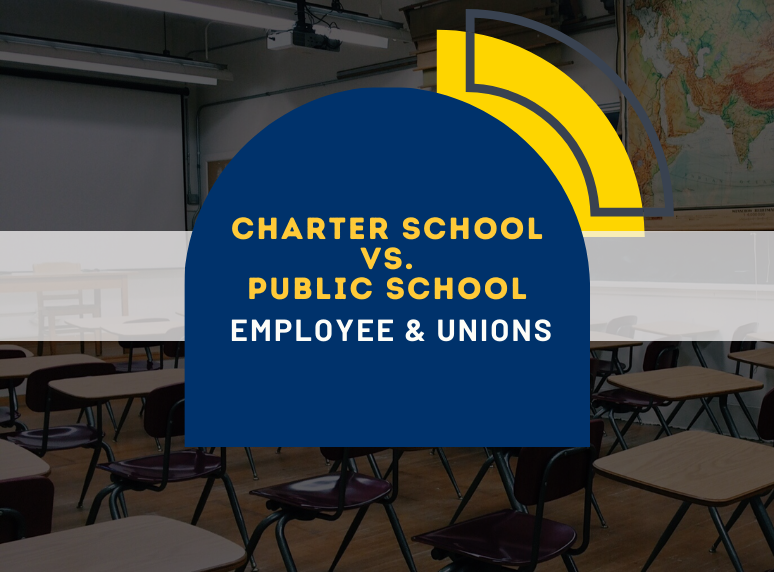Charter schools have become a controversial topic in education policy and labor relations. Supporters of charter schools argue that they provide more educational options for families and promote innovation and competition in education. However, opponents of charter schools, including many labor unions, argue that they undermine public education, reduce teacher job security and benefits, and contribute to the privatization of education. In this article, we will explore why charter schools are bad for school labor unions.
What are charter schools?
Charter schools are publicly funded schools that operate independently of traditional public school systems. They are granted charters by a state or local authority, which allows them to operate under different rules and regulations than traditional public schools. Charter schools are often run by private companies, non-profit organizations, or individuals, and have more autonomy in hiring, curriculum development, and budgeting than traditional public schools.
Charter schools were first established in the US in the early 1990s as a way to provide more educational options for families and promote innovation and competition in education. Since then, the number of charter schools has grown rapidly, and they now serve over 3 million students in 44 states and the District of Columbia.
Why are there employee labor unions in schools?
Labor unions are organizations that represent workers in collective bargaining with their employers. In schools, labor unions typically represent teachers, support staff, and other school employees. Labor unions negotiate contracts that establish salaries, benefits, and working conditions for their members, and provide legal representation and advocacy for their members in disputes with management.
Labor unions have a long history in the US, dating back to the 19th century. In schools, labor unions became more prevalent in the mid-20th century, and today, the majority of public school teachers and other school staff are members of a union.
How do charter schools affect traditional public school employees?
Charter schools can have a negative impact on traditional public schools by diverting public funding away from them and creating a two-tiered system of education. In addition, charter schools often have lower unionization rates, which can reduce the job security and benefits of teachers in traditional public schools.
Charter schools are generally less unionized than traditional public schools. According to a 2020 report by the National Education Association, only 11% of charter schools are unionized, compared to 68% of traditional public schools. This means that charter school teachers and staff are less likely to be members of a union, and therefore have less collective bargaining power.
Impact of charter schools on Salaries and Benefits
Charter schools often offer lower salaries and benefits than traditional public schools. According to a 2019 report by the Economic Policy Institute, charter school teachers earn, on average, 11% less in salaries than traditional public school teachers. In addition, charter school teachers are less likely to have health insurance and retirement benefits.
Efforts to undermine labor unions in charter schools
Charter school operators have been known to engage in union-busting tactics to prevent their employees from unionizing. These tactics include intimidating employees, making anti-union statements, and even firing employees who support unionization. In some cases, charter schools have closed down or been taken over by other operators to prevent unionization efforts.
There have been several high-profile cases of charter schools and labor unions clashing over labor issues. For example, in 2019, teachers at the Chicago International Charter School went on strike for 11 days over issues such as pay, class sizes, and support staff. The strike was the first-ever strike at a charter school in the US.
Lack of Accountability and Transparency in charter schools
Labor unions also argue that charter schools lack accountability and transparency, which makes it difficult for teachers and other school staff to advocate for their rights and for parents to make informed decisions about their children’s education. They argue that charter schools are often run by private companies or non-profit organizations that are not subject to the same level of oversight as traditional public schools.
Charter schools have been criticized for cherry-picking students, which means selecting students based on academic ability, behavior, or other factors that make them more likely to succeed academically. This can lead to segregation and inequity in education, as well as a lower level of academic rigor and challenge for students who are not selected.
Charter schools and privatization of education
Labor unions argue that charter schools contribute to the privatization of education, which undermines public education and reduces the collective bargaining power of teachers and other school staff. They argue that charter schools divert public funding away from traditional public schools, which serve the vast majority of students, and create a two-tiered system of education.
Labor unions also argue that charter schools often have lower standards and qualifications for teachers than traditional public schools. They argue that this can lead to a lower quality of education for students and reduced job security and benefits for teachers.
Charter schools have become a contentious issue in education policy and labor relations. While supporters of charter schools argue that they provide more educational options for families and promote innovation and competition in education, opponents argue that they undermine public education, reduce teacher job security and benefits, and contribute to the privatization of education. From a labor union perspective, charter schools are bad because they reduce unionization rates, offer lower salaries and benefits, engage in union-busting tactics, and contribute to the privatization of education.








